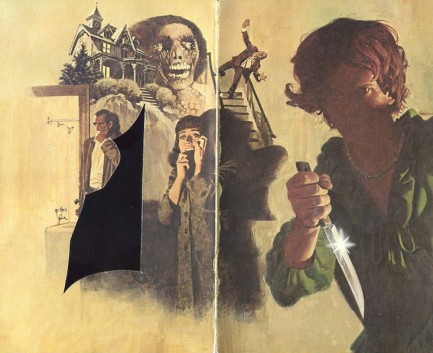

How often a psychotic episode occurs and how long it lasts can depend on the underlying cause. a physical condition, such as a brain tumour.severe depression – some people with depression also have symptoms of psychosis when they're very depressed.bipolar disorder – a mental health condition that affects mood a person with bipolar disorder can have episodes of low mood (depression) and highs or elated mood (mania).schizophrenia – a condition that causes a range of psychological symptoms, including hallucinations and delusions.It's sometimes possible to identify the cause of psychosis as a specific mental health condition, such as:
#Psychotic break seeing demons how to

The GP may ask you some questions to help determine what's causing your psychosis. It's important psychosis is treated as soon as possible, as early treatment can be more effective. You should see a GP immediately if you're experiencing symptoms of psychosis. The combination of hallucinations and delusional thinking can cause severe distress and a change in behaviour.Įxperiencing the symptoms of psychosis is often referred to as having a psychotic episode. delusions – where a person has strong beliefs that are not shared by others a common delusion is someone believing there's a conspiracy to harm them.hallucinations – where a person hears, sees and, in some cases, feels, smells or tastes things that do not exist outside their mind but can feel very real to the person affected by them a common hallucination is hearing voices.This might involve seeing or hearing things that other people cannot see or hear (hallucinations) and believing things that are not actually true (delusions). Psychosis is when people lose some contact with reality.


 0 kommentar(er)
0 kommentar(er)
